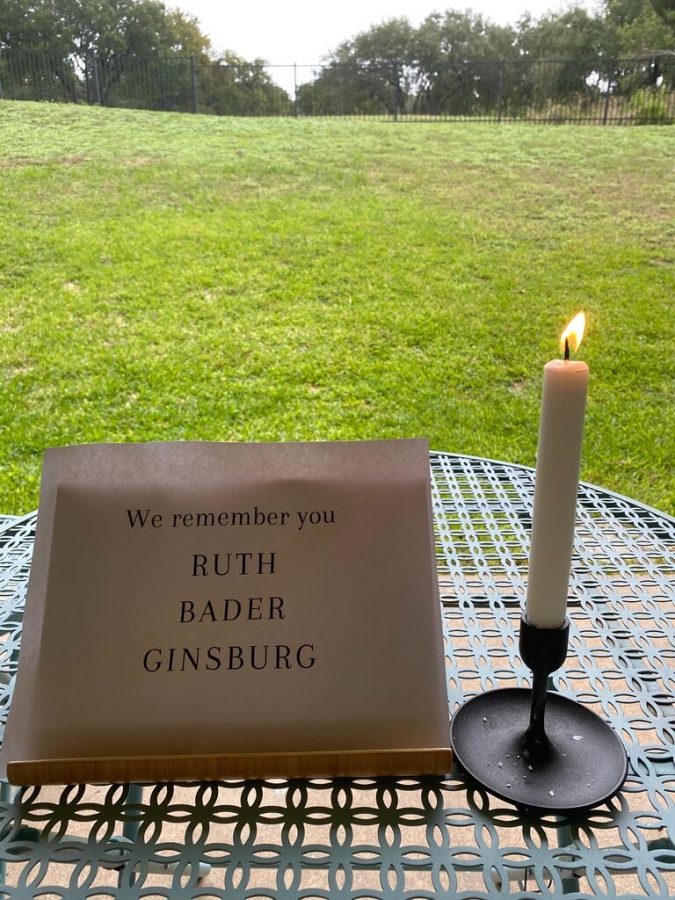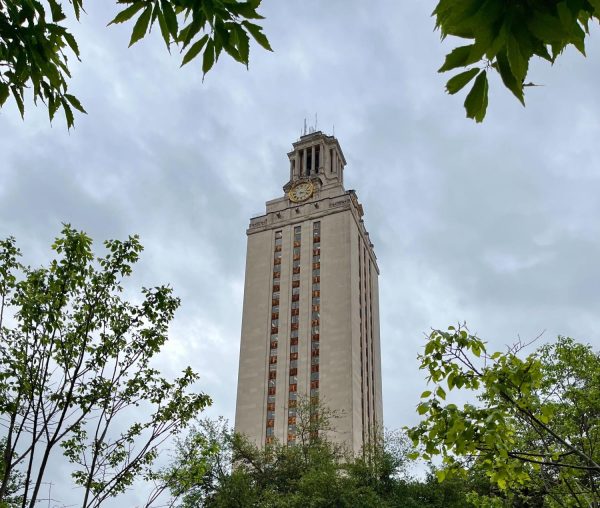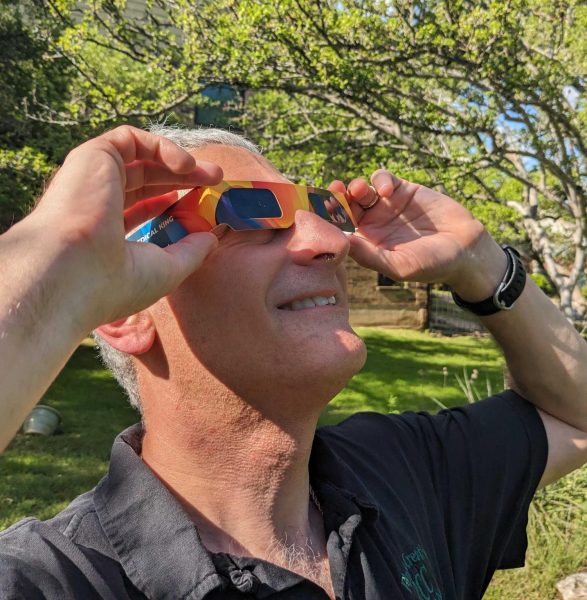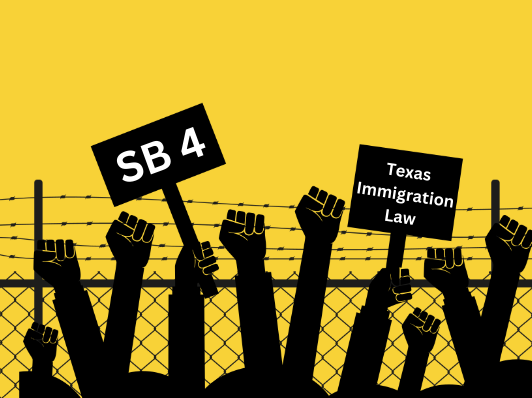Keana Saberi ’22 Holds Evening Vigil for Justice Ruth Bader Ginsburg
Keana Saberi ‘21 lights a candle in honor of Ruth Bader Ginsburg’s death during her virtual event.
Keana Saberi ‘22 hosted a virtual event on Wednesday to commemorate the life of Ruth Bader Ginsburg. She served as an associate justice for the Supreme Court from 1993 to 2020. She was the second woman to serve in the U.S. Supreme Court after Sandra Day O’Connor and was the first Jewish woman to serve in court.
“I just wanted to dedicate this time to commemorate and talk about how influential she was to our nation and how her impact is seen through the women of this country,” Saberi said during the event. “She was such an amazing figure who later served as a litigator and tried to fight different injustices.”
As an advocate for gender equality and women’s rights, Ms. Ginsburg strived for equal justice. She was a volunteer attorney for the American Civil Liberties Union (ACLU) and later became a part of the board of directors as one of its general counsel.
“She was essential in leading the liberal more progressive section of the Supreme Court,” Saberi said. “Even though she would not agree with a lot of things the conservative majority did, she was always a very eloquent and very soft-spoken person. She would never sway to a specific party to engage in that political chess game that is D.C. but instead was always true to herself and the idea of justice and I think that’s what really put her apart from everyone else.”
After joining the ACLU in the late 1960s, Ms. Ginsburg wrote a brief in the case of Reed v. Reed. Sally Reed and her husband had separated and after the death of their son and both parents wanted to be appointed the executor of his estate. Idaho law automatically appointed the father solely because he was a man. With the help of Dorothy Kenyon and Pauli Murray, two lawyers that advocated for women’s rights, the Supreme Court ruled for Ms. Reed. This was the first time a law had been struck down for gender inequality. Other notable court cases Ms. Ginsburg was involved in include the United States v. Virginia (1996), Olmstead v. L.C. (1999), and Friends of the Earth, Inc. v. Laidlaw Environmental Services, Inc. (2000).
“She would try to fight different civil court cases in smaller courts,” Saberi said. “By doing that, she was able to show that sexism, whether geared towards men or women, is constitutionally unsound and goes against every value that we say that we believe in and the whole notion of our democracy.”
Saberi continued her event by lighting a candle in honor of Ms. Ginsburg. Other people joined the chat to show their support. Bella Friedrich ‘22 joined into the live call to carry out the conversation of Ms. Ginsburg’s impact. She talked about how Ms. Ginsburg inspired and moved women’s rights.
“She was such an inspiration,” Friedrich said in the event. “She was able to move women’s rights forward in such big ways. It’s just so amazing that we would not be in the places we are today if it weren’t for Ruth Bader Ginsburg.”
The virtual event ended with Saberi thanking everyone for joining and encouraged people to vote. To those who couldn’t vote, she asked them to be aware of what’s going on since it won’t be long till the next set of elections come up. She plans to host another event to spread awareness on other topics. A finalized date has not been set.

Class of 2023
Hey, I'm Amy! I am currently the Sports Editor for the Horizon! Outside of the press room, my hobbies include playing soccer and running...






